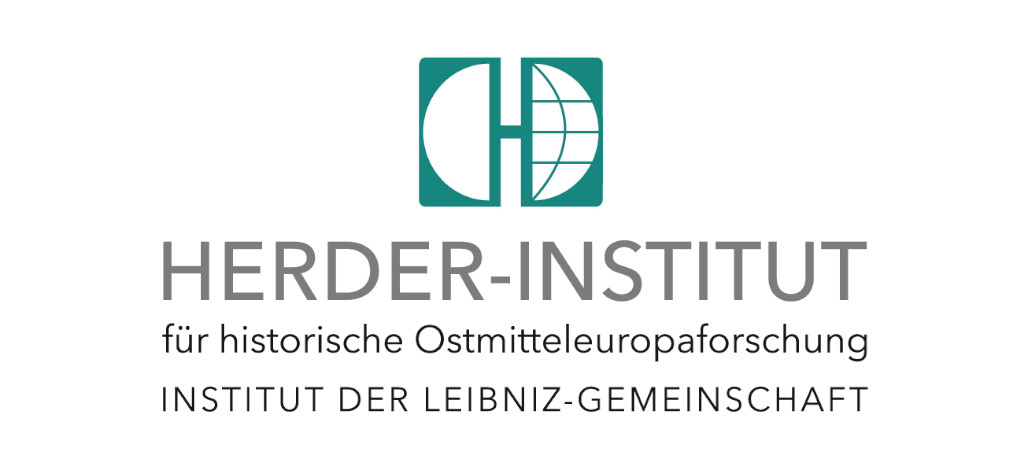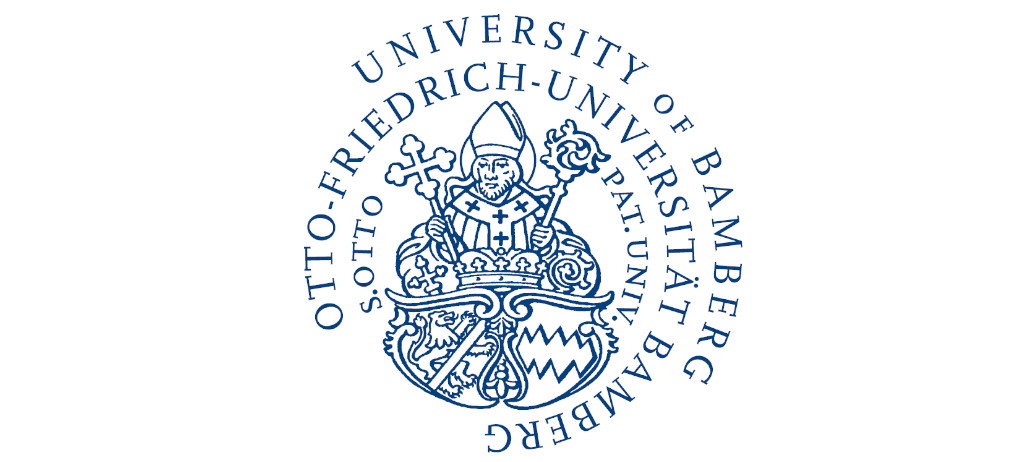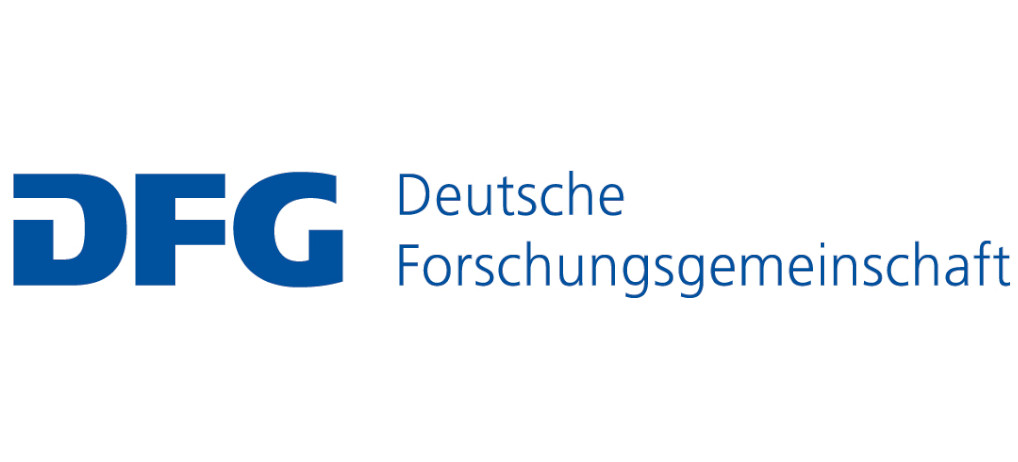Main Content
Working Group Historical Security Studies transepochal
3. Funding period (2022-2025)
The working group Historical Security Studies transepochal aims at contributing to the synthesis of the research findings of the CRC 138, one of the specific features of which is its transepochal orientation: Since the beginning of the CRC, the older epochs have been systematically included in the research activities on an equal footing. For pre-modern questions, the contemporary methodological perspectives on security and securitization have been modified. From an empirical point of view, this made it possible to reconstruct notions and functions of security that had not been addressed, or only marginally, by historical research to date. In the longue durée, historical security research has thus been able to contribute considerably to broadening the perspective, complementing and problematizing critical security studies. This applies, for example, to the role of the state as an actor, ordering category and objective of security policy action, which is not to be found in pre-modern terms in the Atlantic-Western and liberal conception on which the various approaches to security are based, or to religious semantics of security. The working group aims to bundle the trans-epochal research results of the Collaborative Research Center from a methodological and empirical point of view in a synthesis volume and thus make them accessible to the specialist public. On the one hand, the volume addresses the extent to which transepochal perspectives can contribute to the conceptual further development of historical security research in methodological terms. On the other hand, the volume also shows to what extent these approaches, which have been opened up to pre-modern questions and operationalized in this way, can contribute to an improved empirical progress in the historical investigation of older epochs.
Speaker of the working group
Christian Wenzel



